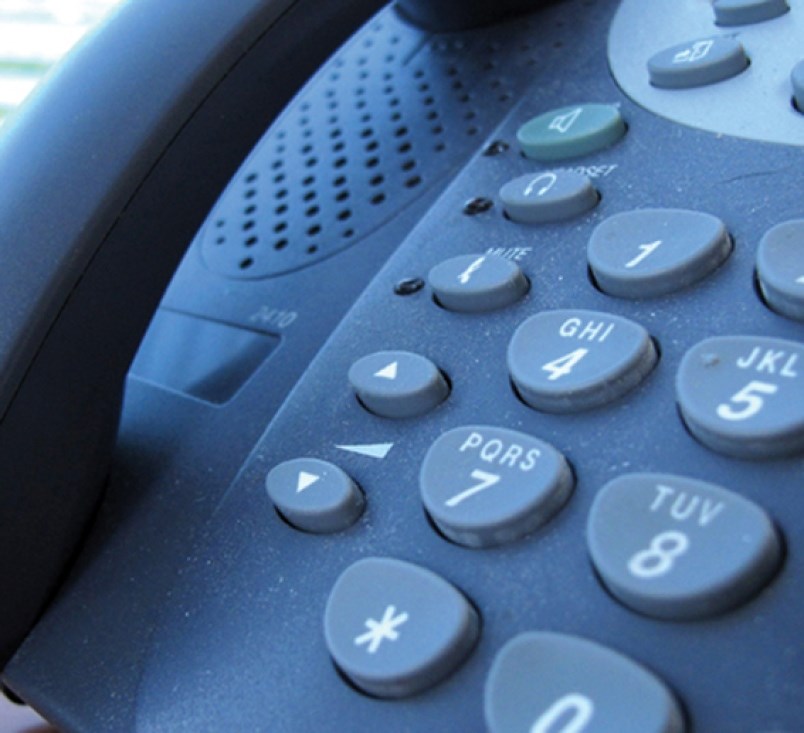Prince George-Cariboo MP Todd Doherty's long-running quest to have a 988 suicide prevention hotline up and running in Canada cleared a major hurdle Wednesday when the Canadian Radio-television and Telecommunications Commission said it will implement the service.
But it will still be some time yet before getting help is just a three-digit call away as the agency said it must first transition to 10-digit local dialing across the country.
As it stands, seven-digit local dialing is still the norm in Newfoundland and Labrador, northern Ontario and the Yellowknife area. The CRTC has given service providers until a May 31, 2023 deadline to implement 10-digit dialing in those areas and a further six months after that to change their networks to enable callers to dial or text 988, making November 30, 2023 the country-wide launch date.
Doherty said it's been more than 600 days since MPs unanimously supported his motion to bring the service to Canada - it was launched in the United States last month - and the time it has taken to reach this stage should have been less, "but today is a good day."
The CRTC's calls for comments began six months after Doherty's motion was passed and then, due to an initial failure to issue the notice in sign language and to accept submissions in the same format through video, the deadline for submissions was delayed a further 5 1/2 months to mid-March of this year.
The decision Tuesday was announced 5 1/2 months later.
"We know now more than ever that we need to view mental health as health," Doherty said. "With everything that's going on right now in terms of the opioid epidemic, with COVID and with the frustration and concerns around those areas, this could have been done very easy awhile back."
In a statement, BC Crisis Line Network chair Stacy Ashton said 988 will make it much easier for a person in crisis to remember where to call but added that the federal and provincial governments must also make sure the resources are in place to answer the calls.
Northern B.C. Crisis Centre executive director Riley Skinner said call volumes at crisis centres across Canada has been on the rise and will likely continue to increase once 988 is in place.
The Northern B.C. Crisis Centre is a "hybrid" of paid staff and volunteers who are the "meat and potatoes" of the operation. The centre currently has a roster of about 55 volunteers and is "always, always interested in having more people do this work," said Skinner, noting volunteers can field calls from their homes in their home communities.
Applications can be found under the volunteer tab at crisis-centre.ca. Training takes 70-80 hours over three months and once completed, volunteers are asked to commit to one four-hour shift each week.
It's a rewarding thing to do, according to Skinner.
"Being a volunteer program, if it wasn't rewarding, we wouldn't have people still here because they're not being paid to do this work," Skinner said. "The payment in a sense is being involved in really important work on a community level that's not only life saving but sometimes life changing. A lot of people think that every single call is about life or death but sometimes it's about supporting someone who just needs someone to talk to and that impact is felt and in the whole region."
- with files from The Canadian Press





